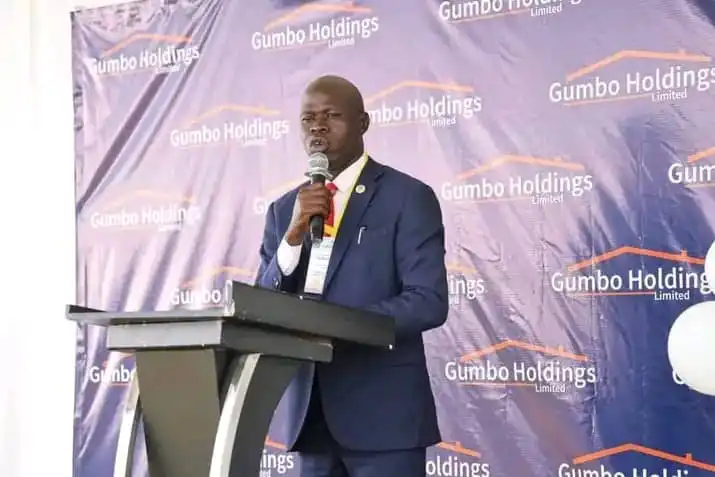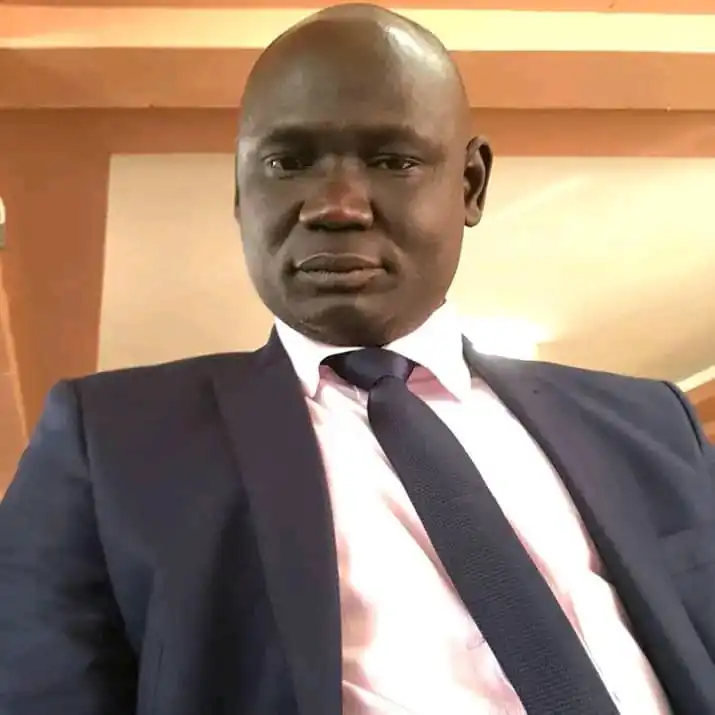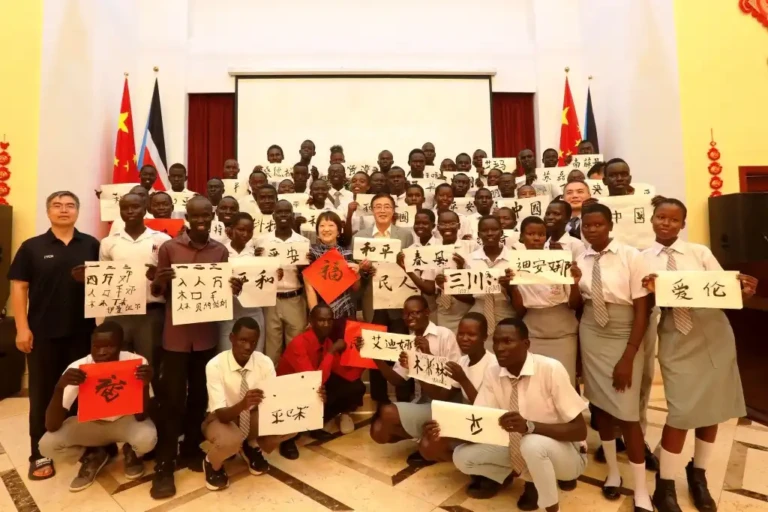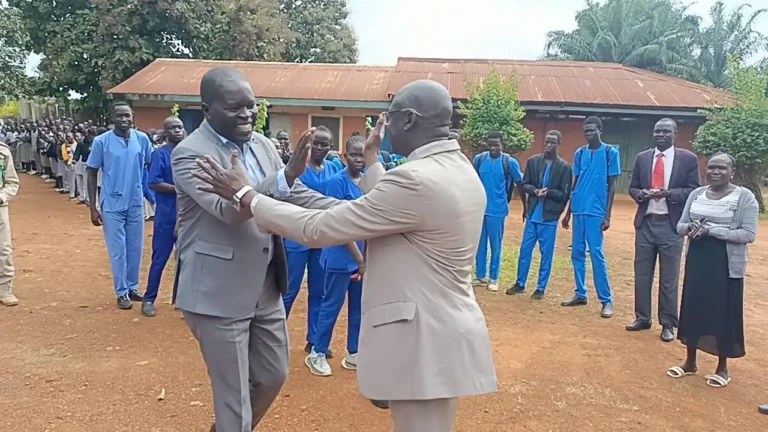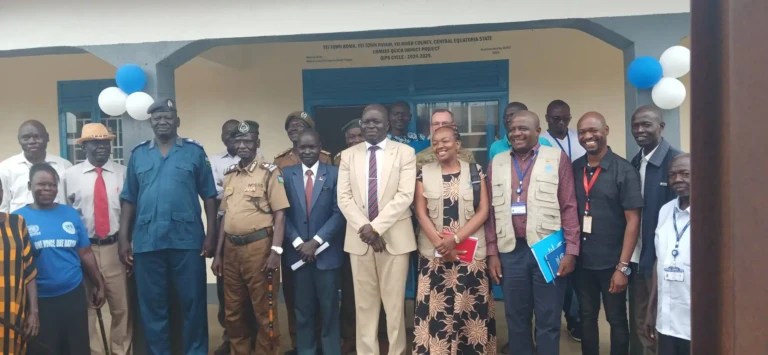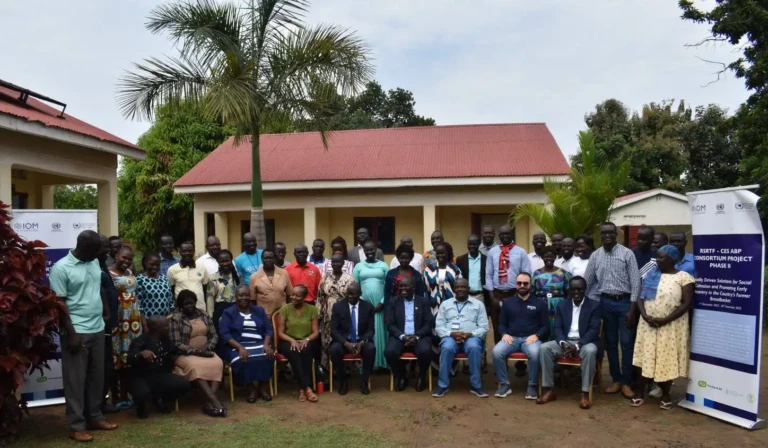![[OPINION] – South Sudan Cannot Host Palestinians [OPINION] – South Sudan Cannot Host Palestinians](https://radioyei.org/wp-content/uploads/2025/08/batali-gabriel-modi-news.webp)
Batali Gabriel Modi (Mondurute) is South Sudanese citizen, commentator, and advocate for peace, justice and national unity. He writes as a concerned son of South Sudan.
Reports that South Sudan, together with Israel, is considering relocating and resettling 300,000 Palestinians in our country are deeply worrying and demand urgent scrutiny.
Palestinians Have Their Homeland
Palestinians already have ancestral land in Gaza and the West Bank, land now under occupation. Uprooting them to other territories legitimises expropriation rather than addressing the real cause of their suffering. The international community should support Palestinians in reclaiming their homeland, not displace them further.
As an African proverb wisely says, “Do not remove a thorn from your neighbour’s foot with your own hands until you have checked your own shoes for thorns.”
Temporary Settlements Often Become Permanent
History has shown that temporary relocations rarely remain temporary. Palestinians, rendered stateless by the ongoing conflict, may one day consider South Sudan their permanent home. What begins as relocation could evolve into long term settlement, bringing with it cultural, religious, and political consequences.
As the saying goes, “A guest does not stay forever; the house belongs to the owner.”
South Sudan’s Own Displacement Crisis
South Sudan itself is a land scarred by displacement. Millions of our people continue to live as refugees in Sudan, Kenya, Ethiopia, DR Congo and Uganda, while many others remain internally displaced under UNMISS protection.
Should we not prioritise bringing our citizens home before resettling another displaced community?
To neglect our people while welcoming others would be a profound injustice.
As the proverb reminds us, “When the roots of a tree are destroyed, the branches wither.”
Risks to a Fragile Region
Our region is already volatile, with fragile peace deals and simmering tensions. Importing another conflict from the Middle East risks fuelling instability. This is not simply about cultural or religious differences. extremism could also emerge, something South Sudan is ill prepared to confront.
“If you plant a seed of trouble, do not be surprised if a tree of conflict grows.”
Lessons from History
Africa has witnessed the dangers of resettlement before:
+In Uganda, the settlement of Banyarwanda refugees created land disputes and political tensions.
+In Sudan, forced migrations and resettlements directly contributed to the Darfur conflict.
+In Lebanon, Palestinians relocated after 1948 remain stateless and are often blamed for unrest.
These cases show that resettling displaced populations in fragile societies breeds new crises rather than solving old ones. South Sudan must avoid repeating such mistakes.
“He who digs a pit for others often falls into it himself.”
What Should Come First
Our top priority must be peace, reconciliation and the resettlement of our own displaced people. Any plan that ignores this reality is not only misguided but dangerous. The proposed relocation must be carefully examined by the African Union, the East African Community and international partners before it takes root. South Sudan needs peace and reconstruction, not the importation of another nation’s conflict.
A Word to Fellow Citizens
To my fellow South Sudanese: we must remain vigilant. No government should gamble with our land and our future for the benefit of a few. Our voices must be loud and clear. South Sudan cannot and should not become a dumping ground for problems created elsewhere.
Our nation belongs to its people, the refugees, the displaced and the survivors of war still waiting to return home. We must first repair our own house before hosting others.
“One does not sweep another man’s compound before cleaning one’s own.”
Batali Gabriel Modi (Mondurute) is South Sudanese citizen, commentator, and advocate for peace, justice, and national unity. He writes as a concerned son of South Sudan.
DISCLAIMER
Access Radio® publishes opinion pieces to encourage dialogue and diverse perspectives, not to endorse specific views. Authors are responsible for the accuracy of facts and claims made in their work.
We welcome thoughtful contributions from listeners and readers. To share your opinion, email news [at] radioyei.org. Submissions may be edited for grammar and length without altering the author’s intended message.
Discover more from Access Radio Yei News
Subscribe to get the latest posts sent to your email.

